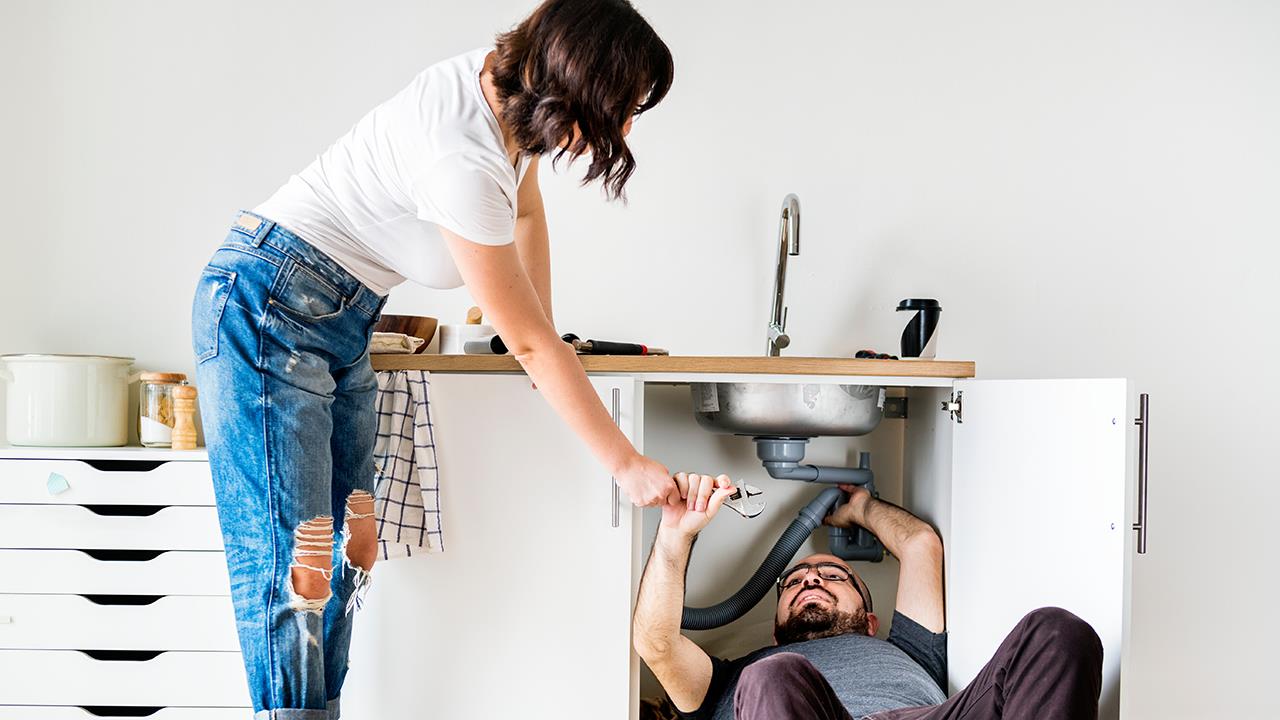Plumbing Information That Can Save You Money!
Plumbing can be an exciting endeavor. No really, it can be. In terms of taking better care, doing your own plumbing repairs to save money is actually quite exciting. To start learning some basics as to how to make this work for you, please be sure to refer to the tips below.
Avoid frozen pipes this winter! Keep a small trickle of water dripping from faucets, and wrap your uninsulated pipes with foam or newspaper. If possible, keep the doors open between unheated and heated rooms. In an unheated area such as a garage or laundry room, keep a small heater next to the pipes. Remember to do this before the first cold snap hits.
The next time you have a clogged drain, avoid the simple solution of dumping drain-clearing chemicals into the pipes. While this method involves the least amount of effort, the chemicals in these liquid cleaners are destructive to your piping. Instead, consider using a little bit of elbow grease with a plunger, snake, or other device designed to clear your clog without chemicals.
Use a hairdryer to thaw frozen pipes, after you shut off the water to the house. A hairdryer will gently heat the pipe and thaw the ice without causing significant damage to the pipe. Shutting off the water first means that if the pipe is broken, there will be no rush of water into the house.
There are simple ways to check your toilet for leaks that can ultimately lead to great cost savings in the long run. The easiest way to do this is to pour a small amount of food dye into the holding tank of your toilet overnight. In the morning, if you have any color in the basin then you know you have a leak that needs some attention.
Frozen pipes can cause some very expensive plumbing repair jobs. Fortunately, frozen pipes are easy to prevent. The first concern is making sure that all water lines that run outside of your house are fully and sufficiently insulated. Before winter hits, turn off the water to the outside faucet and drain and store all of your hoses. Taking proper precautions can save you lots of money on plumbing bills.
Do not forget to check the temperature of the water heater in your house, especially if you are planning to leave for an extended period of time. You should keep the temperature no higher than 120 degrees, which will help to reduce energy use and prevent your system from burning out.
A sink with poor water pressure can often be corrected by cleaning the built-up sediment out of the aerator. The aerator should be removed and taken apart. Then, clean with a tiny brush swabbed in vinegar. Rinse off the aerator then reassemble and reattach to the faucet. Your water pressure should improve because the obstructing particles or buildup have been removed.
Make sure that any exposed pipes in your home are insulated, especially those found in crawl spaces on the outside walls of your home. This will help keep them from freezing and causing you tons of problems. Frozen pipes can often be devastating and leave you with problems that are expensive to fix and no water in the middle of winter.
During the warm seasons, you will see that there will be many bird nests forming in and around your plumbing vent pipes. It is essential to clear these out, as they can have a devastating effect on the quality of your plumbing and the flow of water in your home.
To make sure there is no accident or sudden rush of water when you tackle a plumbing project, make sure you are ready for a cleanup. If you go into the work with a huge stack of towels and blankets ready to absorb water, the prospect of needing to actually do it will keep you alert enough to avoid triggering the accident in the first place.
The most important plumbing tip you need to know is -- how to turn off your home's main water supply. Once the water is shut off, you can investigate problems and figure out how to resolve them. Walk the family through the house and show them where all the water shut-off valves are, and how to use them.
During the winter months, your water heater works the hardest. To keep it in optimum condition, flush it out before winter arrives. Flushing the system helps remove the sediment buildup, which causes internal corrosion of your water heater, shortens its lifespan, and reduces heating efficiency. Connect a hose to the faucet near the bottom of the tank and drain several gallons by directing the water into a nearby drain.
So, now do you see why plumbing is such an exciting endeavor? Creating your own skills, learning to take care of your system, and being able to fix it yourself to save money is very exciting. The tips above should have created a good foundation for you to build upon and do your own plumbing jobs easily.
Buies Creek, NC

